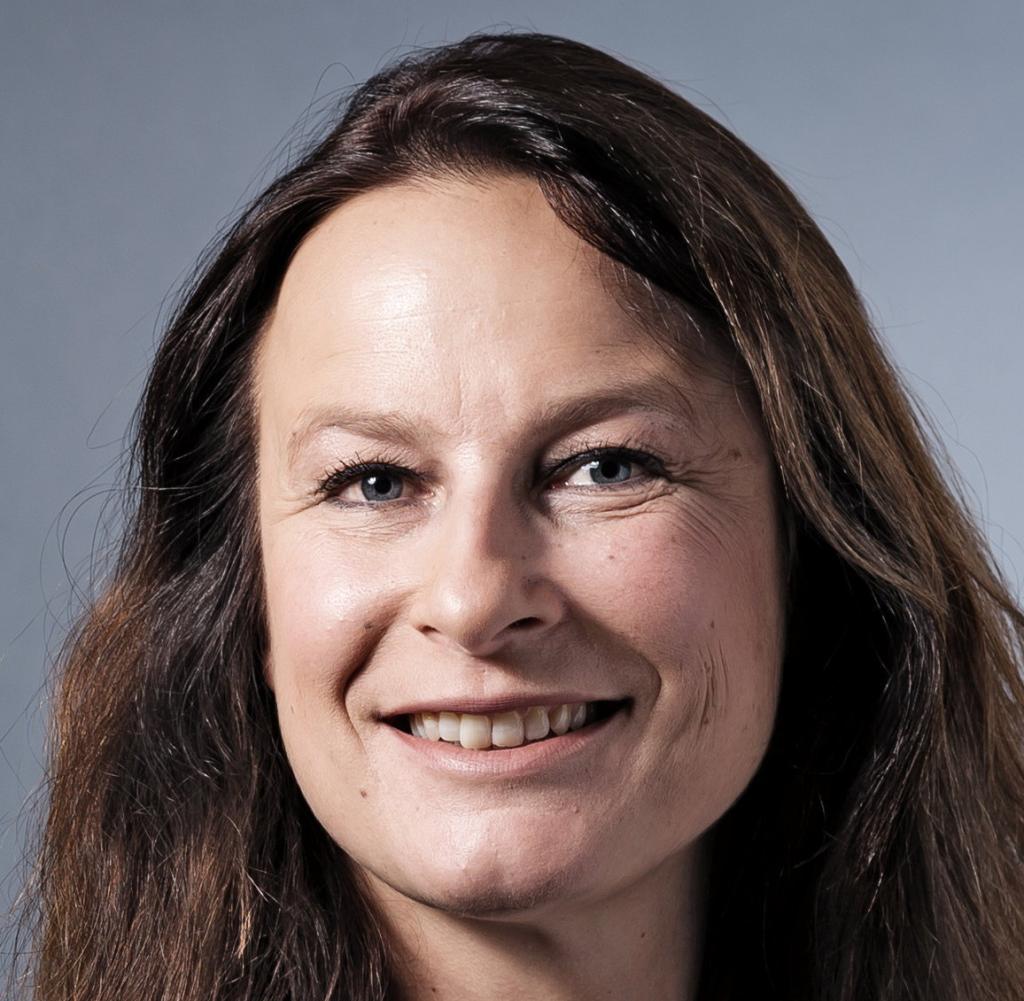At its joint meeting with Federal Minister for Family Affairs Lisa Paus (Greens) in Ludwigsburg, the Conference of Ministers for Equality and Women’s Affairs of the German States voted almost unanimously in favor of legalizing abortion. A motion for a resolution submitted by Saxony to regulate abortion outside of the penal code was adopted by 15 votes to 1. Only Bavaria voted against it.
In the motion for a resolution, which WELT has seen, the state ministers refer to the recommendation of the expert commission on reproductive self-determination and reproductive medicine set up by the federal government. In its report presented on April 15, the commission called for a reform of abortion paragraph 218. According to this, abortions in early pregnancy should generally be permitted. The compromise reached 30 years ago on abortion paragraph 218, on the other hand, stipulates that an abortion in the first twelve weeks of pregnancy is illegal, but remains exempt from punishment after compulsory counseling in accordance with paragraph 218a.
“The possibility of carrying a pregnancy to term or terminating it of one’s own accord is a basic prerequisite for women’s reproductive self-determination,” states the states’ motion for a resolution. “This highly personal decision primarily affects the core area of personal freedom and self-determination as well as the personal development of a woman.”
The Conference of Ministers for Equality and Women’s Affairs is calling for a “swift revision” of the legal requirements for abortion, particularly in the early stages, “in recognition of this legal position and the changed social views” as well as the clear recommendations of the expert commission in this regard.
“According to current surveys, the majority of the population is open to the decriminalization of abortion in the first twelve weeks of pregnancy,” says the justification for the motion for a resolution. The implementation of the expert commission’s recommendations does not represent an anticipation of a social debate, but “rather an adjustment to the prevailing social views and the reality of life of the population.” The East German perspective must also be taken into account here. The current regulation, which is perceived as “West German,” was perceived as a step backwards by women socialized in the GDR.
“The GFMK therefore calls on the Bundestag and the Federal Government to submit, as a first step, a catalogue of regulations and proposed regulations for a time limit solution for the first twelve weeks outside of criminal law,” the motion for a resolution states. Instead of the mandatory counseling, there should be a legal right to voluntary and free counseling in pregnancy conflicts. In addition, the costs of an abortion should be paid by health insurance companies in the future, demanded the GFMK. The only dissenting voice to the demands came from Bavaria’s Family Minister Ulrike Scharf (CSU).
Federal Minister for Family Affairs Paus was satisfied with the decision. “With the motion for a resolution on the subject of abortion, the Ministers for Equality have expressed that they support women’s right to self-determination and believe that decriminalization in the first three months is long overdue,” said Paus. The recommendations of the expert commission urgently suggest abolishing the criminal illegality of abortion in the first three months, said Paus. “We will reach agreement in the federal government on how to proceed.”




